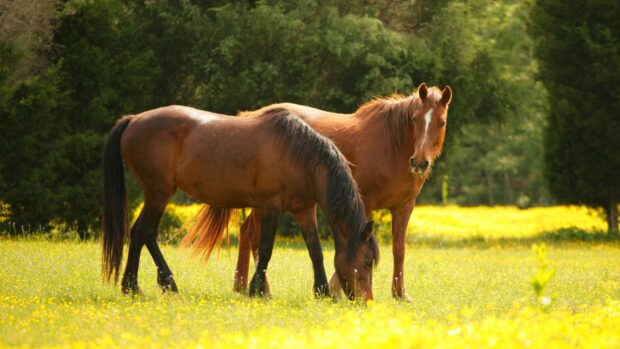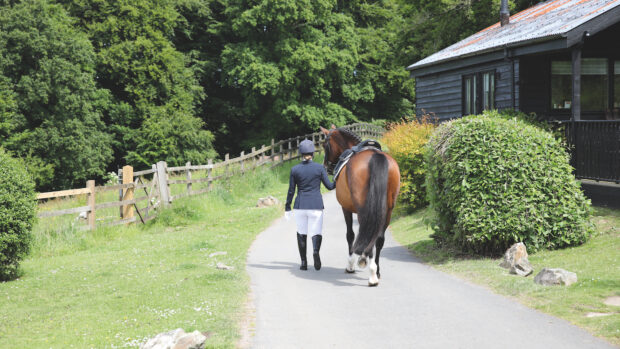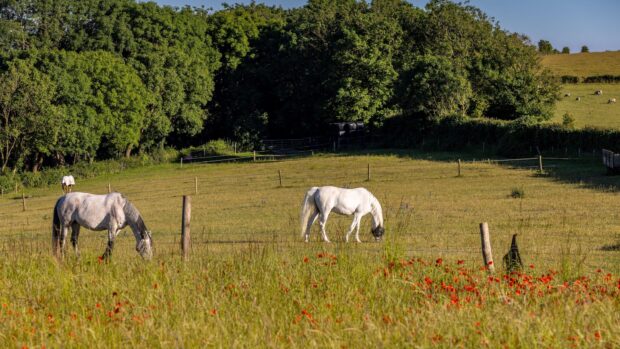Passports and microchips have been given to 160 ponies on Bodmin Moor following a welfare crisis earlier this year.
On 12-15 September, helpers from animal welfare charities the Animal and Plant Health Agency (APHA) and Bodmin Moor Commons Council rounded up and documented the ponies.
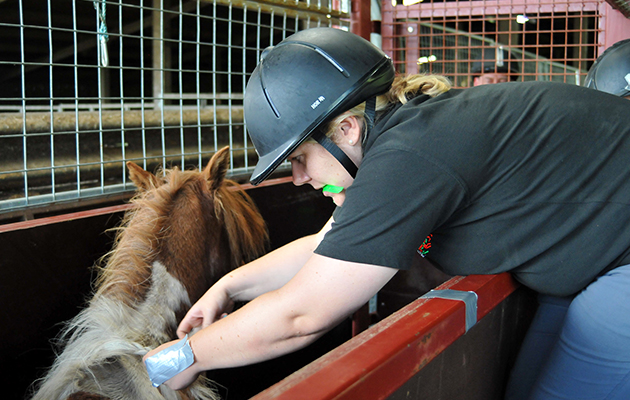 A total of 16 unclaimed ponies, some of whom needed urgent veterinary attention and others whose condition meant they would not survive the winter, were taken in by Redwings Horse Sanctuary.
A total of 16 unclaimed ponies, some of whom needed urgent veterinary attention and others whose condition meant they would not survive the winter, were taken in by Redwings Horse Sanctuary.
World Horse Welfare took in six equines and both The Mare and Foal Sanctuary and the RSPCA also offered homes to ponies. Pledges for more homes were made by Bransby Horses and Blue Cross.
“The fundamental aim of this project was to formally identify the ponies of owners who have rights to graze on the moor through microchipping and issuing passports,” said Nic de Brauwere, Redwings’ head of welfare and behaviour.
“This safeguards the future of the ponies both by ensuring all the owners adhere to their responsibilities to their animals’ care and by preventing any unscrupulous individuals seeing the moor as a dumping ground or opportunity to fly-graze their horses.”
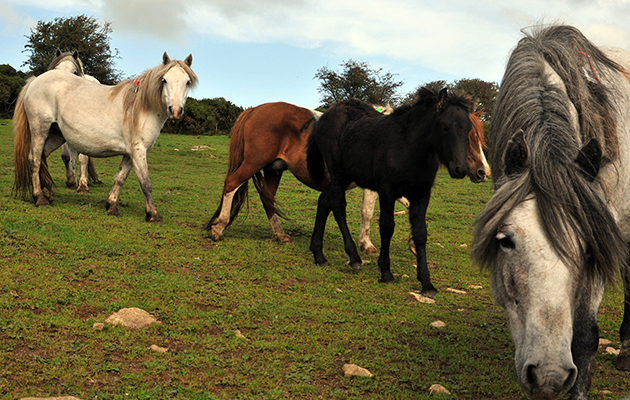 Most of the ponies on the more are feral and unhandled, so all those rounded up were wormed and had a full health check.
Most of the ponies on the more are feral and unhandled, so all those rounded up were wormed and had a full health check.
Money for the project came from the Elise Pilkington Charitable Trust. The other charities involved were the Blue Cross, Bransby Horses, British Horse Society and the RSPCA.
Why are there welfare problems on the moor?
H&H has previously reported on welfare problems on the moor and the work of charities and the Bodmin Moor Commons Council to tackle them. Several large-scale round-ups have already taken place this year.
A lack of both formal identification of horses and enforcement of the surrounding laws resulted in ponies being abandoned or illegally grazed in the area. This overcrowding, in particular a high population of stallions, combined with poor grazing due to bad weather made the situation worse.
“This operation is a huge step forward for Bodmin Moor,” said Julie Dowton, secretary of Bodmin Moor Commons Council.
“Problems with formal identification of the ponies and associated welfare issues have been occurring for many, many years, and we simply could not solve them alone, so my heartfelt thanks goes out to everyone involved this past week”.
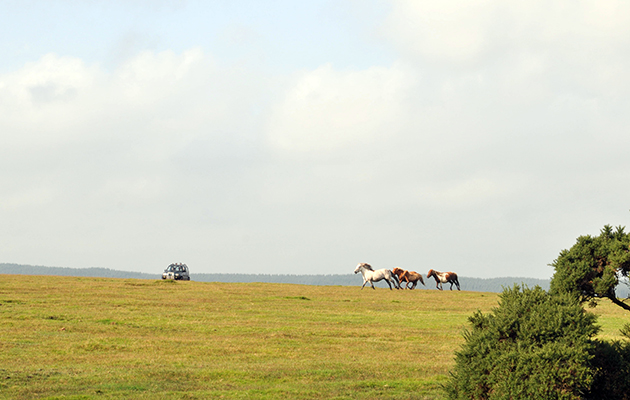 Scott Mann, Conservative MP for North Cornwall, supported the project and visited the operation on 15 September.
Scott Mann, Conservative MP for North Cornwall, supported the project and visited the operation on 15 September.
Related articles:
- ‘It’s been a harsh winter’: welfare charity responds to Bodmin pony crisis
- More ponies rescued from Bodmin Moor in third large-scale round-up this year
- Anger after more dead and sick ponies found on Bodmin Moor
“We had a number of people contact our constituency office with concerns for the ponies on the moor, particularly during the spring, so I made contact with Julie Dowton at the commons council to see how we could work together to deal with those issues,” he said.
“I felt the welfare of the ponies was an important issue to take on and so this project was something I was eager to be a part of.”
APHA veterinary officer Lorna Stevenson added the whole operation was carried out in a “calm, quiet and professional manner without giving any undue stress to the animals”.
“It has also given us a valuable opportunity to assess the health status of the ponies so we can build a picture of the welfare issues affecting those on the moor,” she added.


